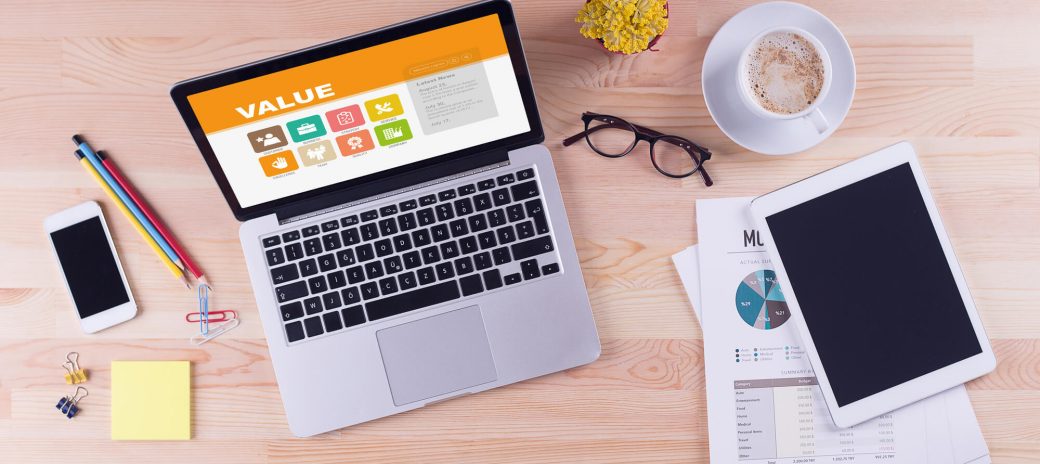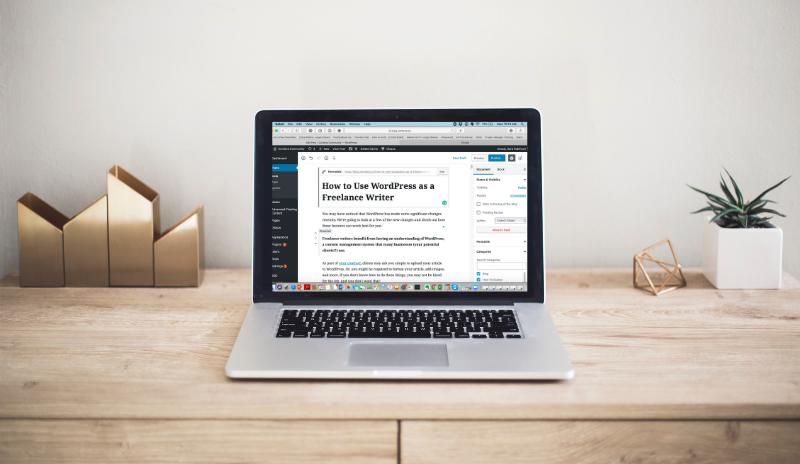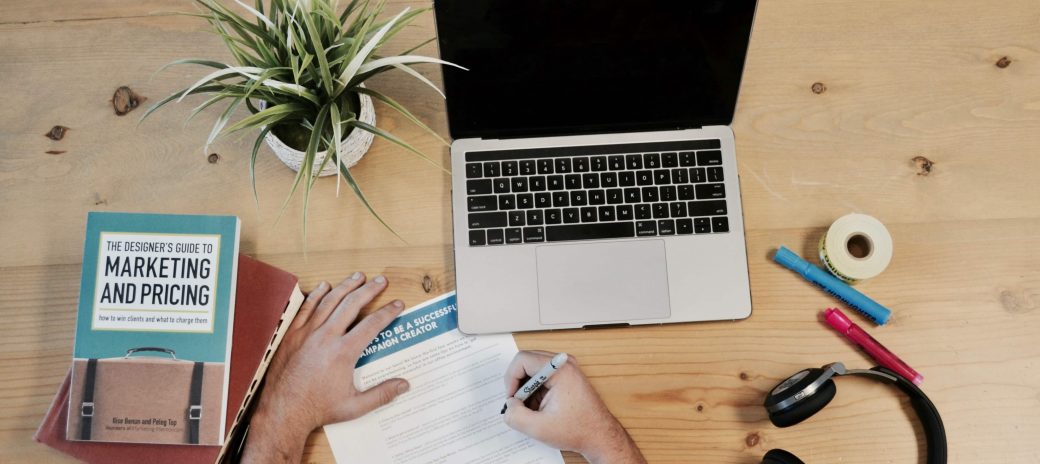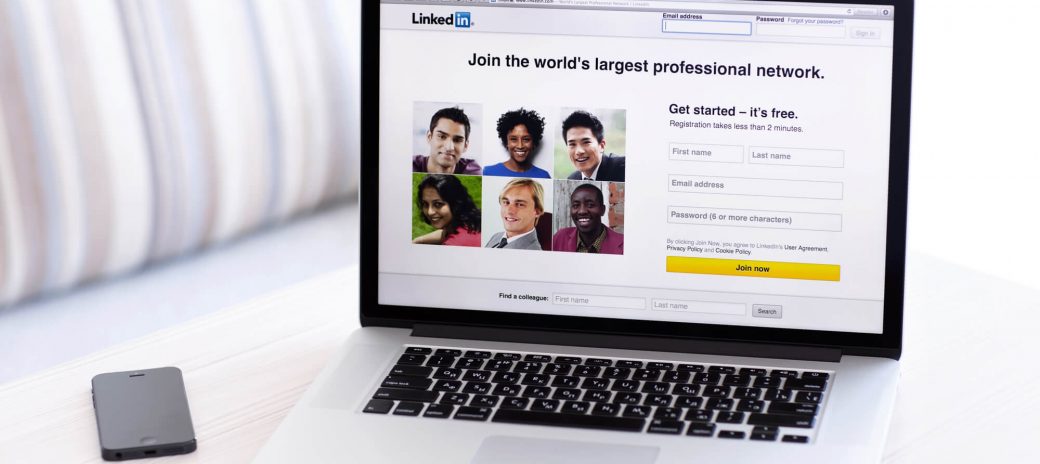With so many folks claiming to be experts on every subject you can think of, it can be hard to find dependable sources sometimes. Just because Elsa4538 sells her homemade bracelets on Etsy does not make her a highly skilled gemologist.
Likewise, just because I write for a living does not make me Hemingway!
How do you know if a source is trustworthy?
Integrity in journalism demands that your research leads you to facts and not opinions. Not only is it your job to do proper research, but you need to distill the information into comprehensible material for your readers, and you need to provide information that comes from trustworthy sources or subject matter experts.
Where Can You Find Subject Matter Experts?
First, think of the people you know in real life. Friends, family, co-workers, acquaintances at the coffee shop.
Do any of these people have expertise or experience in the field in which you are writing about? Buy them lunch and pick their brain.
In fact, I’ve done just that. I was writing an article on the struggle of opening your own business in small towns. I was sitting in my favorite coffee shop, sipping on the same delicious mocha latte I had ordered a hundred times before and then it dawned on me: I need to ask the owner of this café!
We weren’t exactly friends, but we were friendly, and I was a frequent customer. We made small talk almost daily, and I had asked her about a muffin recipe once.
She was happy to sit down with me and answer my questions. My client was thrilled with my level of research and attention to detail in that piece. It’s still one that I am most proud of.
If you don’t know someone directly, then utilize the people in your network to help you connect with other experts.
How to Be Professional When You Work With Your Sources
Location matters. Don’t schedule your meeting at a busy diner or an evening concert.
- Use common sense when it comes to creating a professional setting to conduct the interview.
- A small, quiet place like a café is an excellent choice if you want to remain in a public place, but if you know that it gets crazy-busy around 8 am, aim for a quieter time to conduct your interview.
- You can also consider a library or college campus. If the weather is nice, offer to meet them in a local park and get some fresh air while you’re at it!
Be punctual and look professional. You might be a full-time freelancer, but sometimes you have to put real clothes on when you leave the house!
- Make a list of questions and take notes.
- Ask open-ended questions. Make sure your questions are clear and concise. Your interviewee should be doing most of the talking.
- Remain professional and unbiased. Don’t be afraid to ask follow-up questions or ask your interviewee to explain further. If this makes you nervous, just remember that it is part of your job to get all the facts right. And remember, if the Hardy Boys made it work, so can you!
- If you can’t meet face-to-face with someone, schedule a phone call or Skype session. If that sounds scary, no worries. I promise you can get through it!
If you or your contact are unable to do either, send an email.
Be yourself and let the interview take a natural course but be sure your expert remains on topic.
Always follow up with a thank you. You never know when you might need their help again.
Pro-tip: Keep a spreadsheet of sources and contact information. You never know when you might need their expertise in the future.
When in Doubt, Ask a Librarian
No matter how obscure your subject matter, librarians serve as the Sherlock Holmes of research. They can find anything, even if it’s not online (GASP!)
Librarians are community organizers. They know dentists, firefighters, judges, and teachers. They know all the people, places, and things! Even if they can’t find what you’re looking for, they can tell you where you can find it.
Don’t forget to check your local library’s website as well. Most libraries have E-books available to check out and are free to borrow.
If you’re in school, check your university library.
The Library of Congress even has an “Ask a Librarian” feature online.
No matter if you’re talking to an “expert” in person, or researching online, you need to make sure the source is credible.

How to Make Sure Your Online Sources Are Legit
When searching high-quality websites or other print media, ask yourself who is the author and what are their qualifications?
For example, if a medical article is written by a doctor, you can usually be confident the information will be factual and not something made up by an uninformed blogger.
But here is the tricky part: How do you know Dr. So-and-so is a real doctor?
Think of the source you are using. Is it EBSCO Host, or Google Scholar? If so, then it’s probably okay to believe that Dr. So-and-so is what they claim to be.
Or, go straight to a reliable .gov website like this one, which allows you to search for licensed doctors.
What if you find the info on a website that you don’t know anything about?
This is where the expert-level research comes in.
If the article you are reading is a true academic, or peer-reviewed source, there will be contact information for Dr. So-and-so.
In your quest for the truth, you’ll need to reach out and speak to them directly, ask for credentials, and ask follow-up questions. Be comprehensive in your pursuit.
Another way to tell if you are reading fact or opinion is the language. Is the language professional, succinct, and matter-of-fact, or is it sentimental and dramatic?
Make sure the information is recent. Healthcare articles from 1987 probably aren’t as reliable as they once were.
Double check that the information can be easily found elsewhere. If you see only one report stating something as a fact and can’t seem to find any other evidence or corroborating information, this is probably not a reliable source.
Anonymous sources should be avoided as well.
Understand the quality and reliability of each source. Some things to consider when analyzing your sources:
- Author
- Date of study or publication
- Details of publication (not peer-reviewed, biased)
- Content
LinkedIn offers access to millions of professionals who can help guide you in your research. You can use the website for market research, recruiting information, and industry trends. Not only that but you’ll find millions of experts who are more than happy to help.
Almost everyone you know is probably on Twitter. The beautiful thing about Twitter is how accessible professionals and connoisseurs of all varieties are. One simple tweet or DM, and you’re on your way to a well-researched article with expert sources and new-found knowledge.
Using a mixture of sources makes for a well-balanced piece of writing. You’ll want to use books, academic journals, and real-life, real-people resources.
No matter what combination of supporting data you decide to use, find your sources early. It may take some time to track down the proper texts or the right experts, and you’ll want to leave some time for communication lapses.
If you’re really struggling with finding sources, ask your editor or client for connections they might have in the industry.
Citing your sources
If you don’t cite your sources, or you are caught plagiarizing, even by accident, your reputation as a writer will be irreversibly tainted. No one ever solved a case using inadmissible evidence!
According to the Purdue Online Writing Lab (OWL), APA style is the most widely recognized citation style for in-text citations. However, each publication has their own preferred method or in-house style. Make sure you ask your editor for their preferred method.
Check out OWL for citation specifications for each style.
Like everything else in life, the more you flex your researching muscles, the stronger you’ll be.
You’ll be able to make new connections and quickly determine if data presented is strong enough to believe. It will make you not only a better writer but a better, well-connected reader.
(Below are all my references in APA Style. I used Citation Machine to help create my list below.)
Citation machine: Format & generate citations – APA, MLA, & Chicago. (2018). Retrieved from http://www.citationmachine.net/
Find doctors and medical facilities | USAGov. (2018, March 20). Retrieved from https://www.usa.gov/doctors
Gilbert, C. (2018, April 17). The Introvert’s guide to freelancing. Retrieved from https://blog.contena.co/introverts-guide-freelancing/
Library of Congress. (2018). Ask a librarian. Retrieved from http://www.loc.gov/rr/askalib/
Linkedin.com. (2018). Retrieved from https://www.linkedin.com/
MIT libraries. (2018). Citing sources: Overview. Retrieved from https://libguides.mit.edu/citing
Orin, A. (2014, December 30). Career spotlight: What I do as a librarian. Retrieved from https://lifehacker.com/career-spotlight-what-i-do-as-a-librarian-1676098016
Purdue OWL. (2018). Welcome to the Purdue OWL. Retrieved from https://owl.english.purdue.edu/owl/section/2/
Robinson, S. (2018, March 28). How to write the perfect email. Retrieved from https://blog.contena.co/how-to-write-the-perfect-email/
Staff, E. (2018, January 01). Finding sources for your research. Retrieved from http://www.easybib.com/guides/students/writing-guide/ii-research/a-finding-sources/










